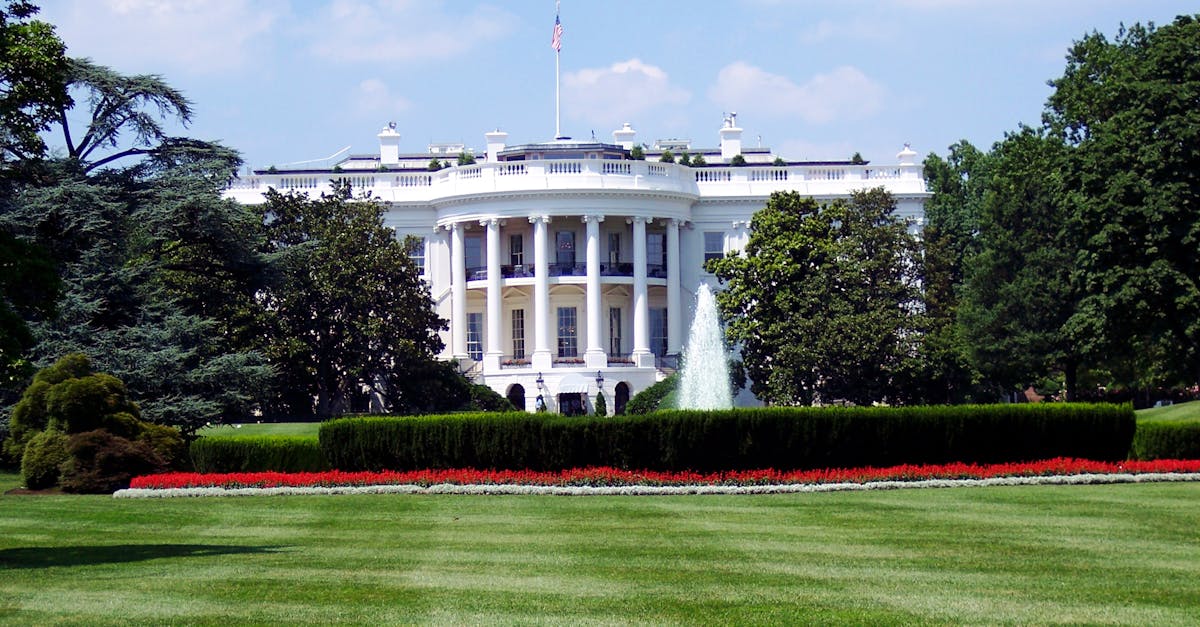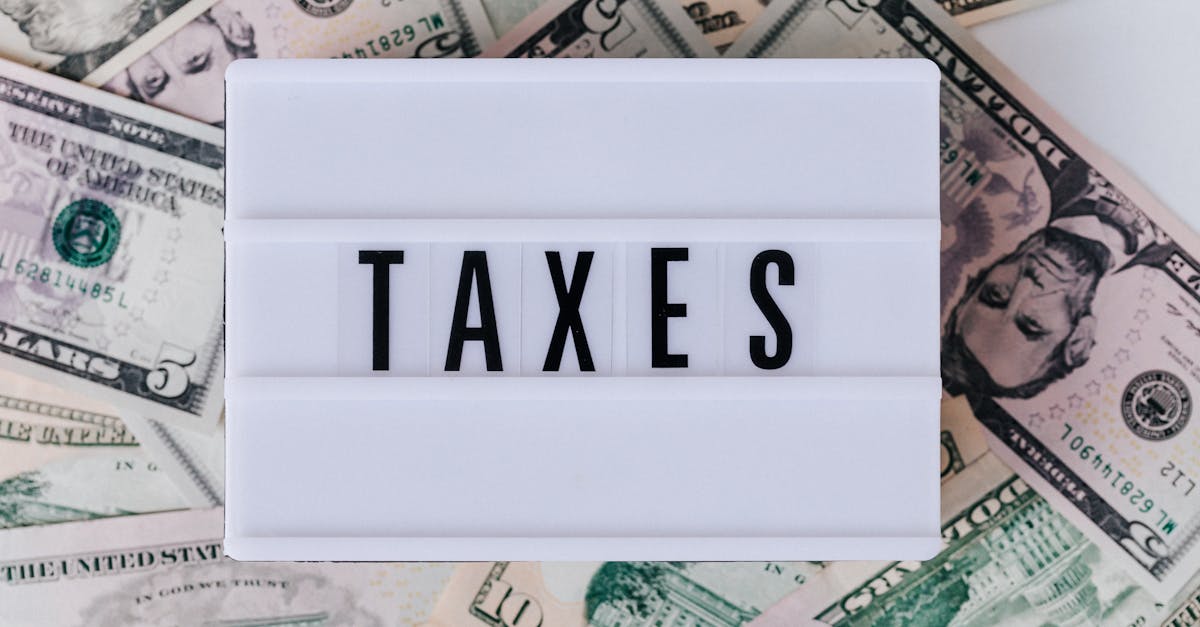
Introduction
Government policies have long played a pivotal role in determining mortgage rates. Key decisions can influence the housing market and affect individuals' borrowing costs. This article explores how various government policies shape this financial landscape.
The Role of Central Banks
Central banks, specifically the Federal Reserve in the United States, have a significant influence on mortgage rates. Through monetary policy, they adjust the federal funds rate, which indirectly impacts the interest on long-term loans like mortgages. Lowering the rate often makes borrowing cheaper, stimulating the economy.
Fannie Mae and Freddie Mac
These government-sponsored entities were established to ensure stability in the housing market. By purchasing mortgages from lenders and providing liquidity, they impact the availability and rates of mortgage loans. Policy changes affecting these institutions can ripple through the lending market, influencing rates.
Government Lending Programs
Federal programs like the Federal Housing Administration (FHA) and the Department of Veterans Affairs (VA) aim to make home ownership accessible. These initiatives often offer lower down payments or favorable interest rates, directly affecting the mortgage landscape. Policy shifts in these programs can cause significant changes.
Fiscal Policy and Tax Incentives
The government's fiscal policy can also impact mortgage rates. Tax incentives like mortgage interest deductions encourage home buying by lowering the effective cost of borrowing. Changes in these policies can influence demand for mortgages and, consequently, the rates banks offer.
Banking and Deregulation Policies
How the government regulates banks can affect their lending behavior. Deregulation often leads to increased competition among lenders, potentially lowering mortgage rates. Conversely, stricter regulation can result in tighter credit conditions, potentially increasing borrowing costs.
Inflation and Economic Policies
Government efforts to control inflation also impact mortgage rates. High inflation typically leads to higher interest rates, as lenders need compensation for the reduced purchasing power over time. Policies and actions aimed at controlling inflation can thus indirectly influence mortgage rates.
Global Economic Policies
International economic policies and global trade agreements can affect domestic mortgage rates. A robust global economy can lead to increased foreign investment in U.S. Treasury bonds, influencing long-term interest rates and, by extension, mortgage rates.
Pandemic Response and Rescue Packages
Recent events, such as the COVID-19 pandemic, have shown the profound effect of emergency government policies on mortgage rates. Stimulus measures and financial aid packages have impacted consumer spending and borrowing, leading to fluctuations in mortgage rates.
Conclusion
Government policies exert a multifaceted influence on mortgage rates, shaping the broader housing and financial landscape. By understanding these dynamics, potential homeowners can better navigate their borrowing options. Staying informed about policy changes is essential to making sound financial decisions.